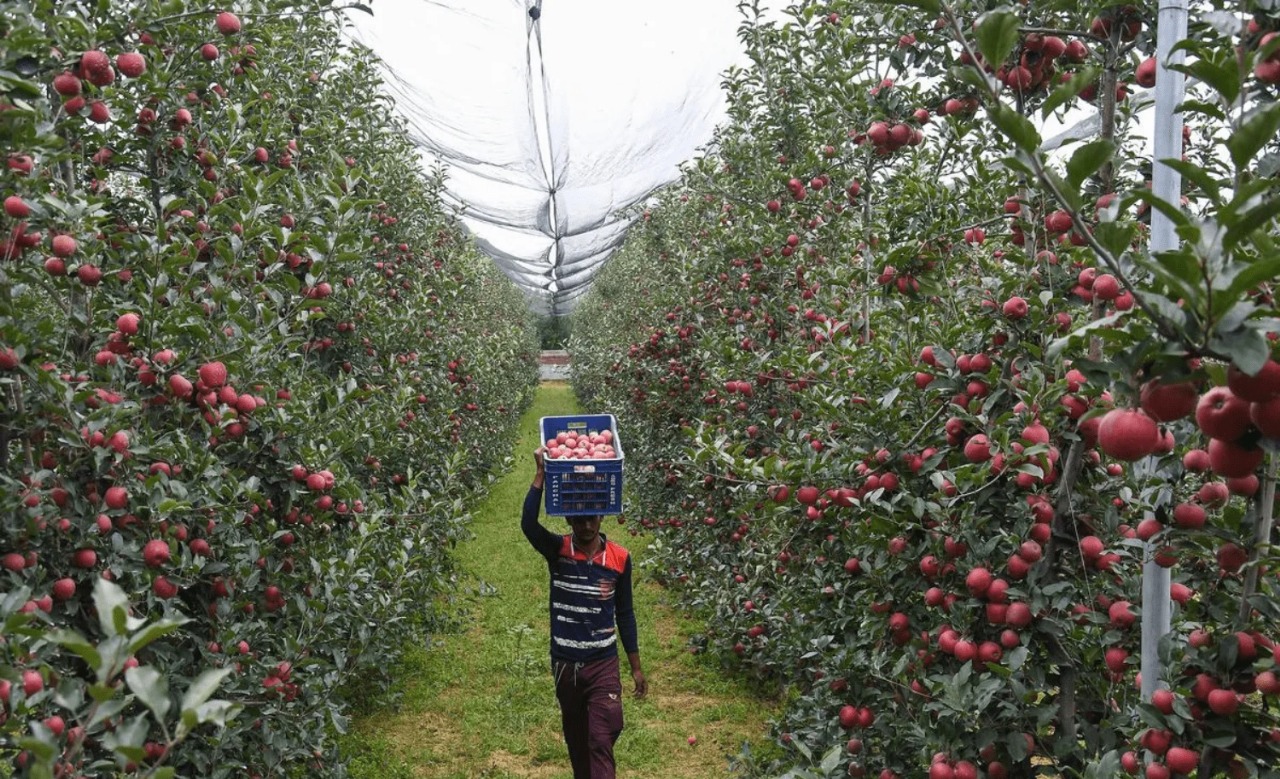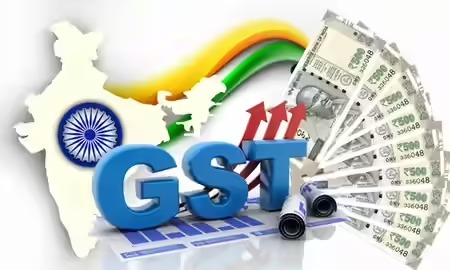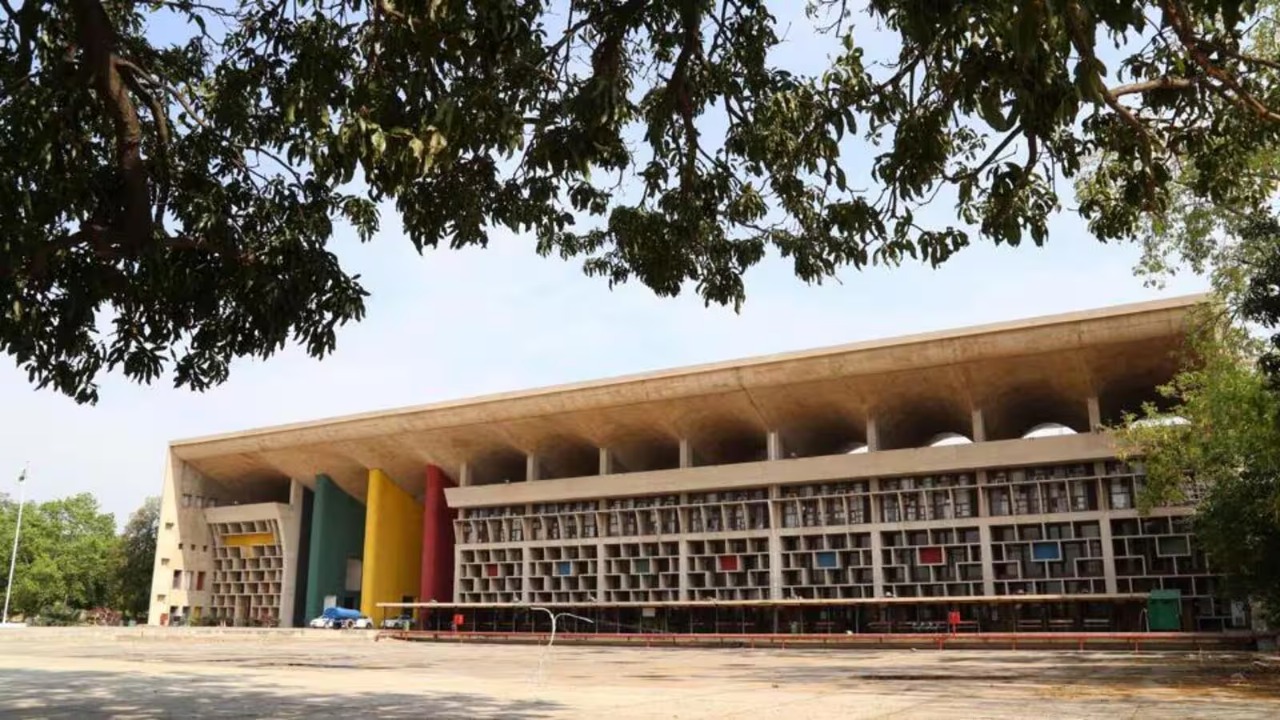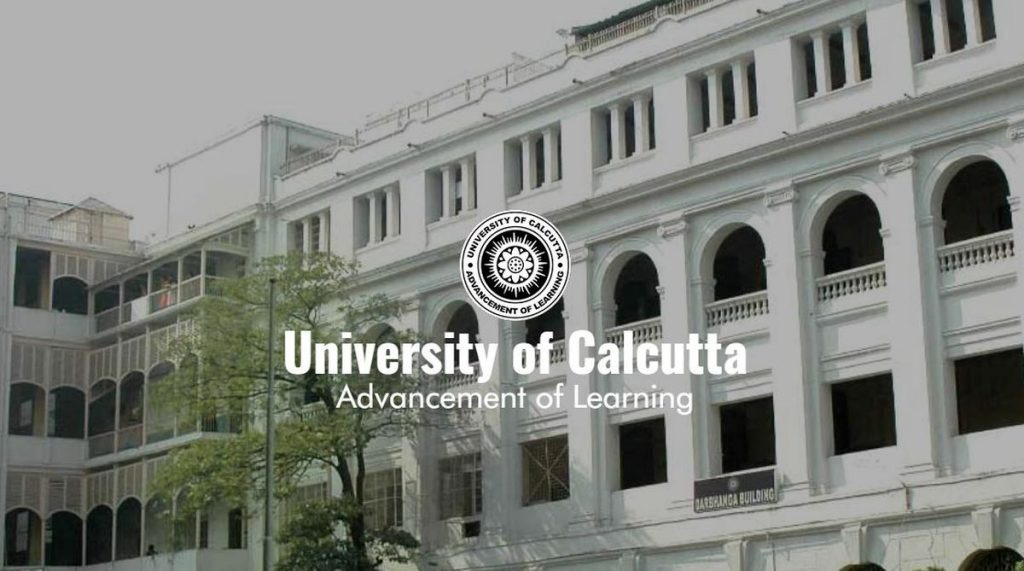 Image Source : The Newz Radar
Image Source : The Newz Radar
In a landmark decision, the Supreme Court of India has granted temporary relief to thousands of apple growers in Himachal Pradesh by staying a High Court order that mandated the felling of fruit-bearing orchards on encroached forest land. The ruling has sparked renewed debate over land rights, environmental policy, and the future of horticulture in the state, which relies heavily on apple cultivation for economic sustenance.
This newsletter unpacks the legal, ecological, and socio-economic dimensions of the case and explores what lies ahead for Himachal’s apple belt.
Key Developments and Immediate Impact
- The Supreme Court stayed the Himachal Pradesh High Court’s July 2 order that directed the removal of apple orchards from forest land
- The apex court allowed the state government to auction the apples already ready for harvest, protecting growers from immediate financial loss
- Over 4,000 apple trees had already been felled before the stay was issued, triggering widespread protests across Shimla, Kullu, and Jubbal-Kotkhai
- The petition was filed by Tikender Singh Panwar, former deputy mayor of Shimla, citing threats to livelihood and ecological stability
- The bench included Chief Justice BR Gavai, and Justices K Vinod Chandran and NV Anjaria
Legal and Environmental Context
The High Court’s directive was based on the Forest Conservation Act, 1980, which reclassified certain lands—previously held under traditional rights—as forest land. The court ordered the planting of native forest species in place of apple trees and recovery of costs from growers as arrears of land revenue.
Petitioners argued that:
- The order lacked a comprehensive Environmental Impact Assessment
- Felling trees during monsoon season increases landslide and erosion risks
- Apple orchards contribute to soil stability and biodiversity
- The decision violated Article 21 of the Constitution, which guarantees the right to livelihood
Ground-Level Reactions and Farmer Mobilization
The Supreme Court’s intervention came amid rising tensions in Himachal’s apple-growing regions. Farmer bodies such as the Seb Utpadak Sangh and Apple Federation of India staged protests outside the state secretariat, demanding a halt to evictions and tree felling.
Key concerns raised by farmers:
- Loss of livelihood for thousands of families
- Lack of rehabilitation plans for landless farmers
- Bureaucratic overreach in enforcing forest laws without due process
- Urgent need to reclaim rights over Shamlat lands—traditionally held community lands now classified as forest
Chief Minister Sukhvinder Singh Sukhu met with farmer representatives and assured that:
- No further felling would occur post the Supreme Court stay
- A policy would be formulated in consultation with stakeholders
- The issue would be raised with the Union Ministry of Environment, Forests, and Climate Change
- Land allocation for disaster-affected families would be pursued
Economic and Trade Implications
Apple cultivation is a cornerstone of Himachal Pradesh’s economy. The timing of the felling drive, just before harvest, threatened to flood markets with immature fruit, causing price crashes. Farmers also voiced concerns over:
- Fungal outbreaks like Marssonina blotch and Alternaria affecting crop quality
- Reduced apple imports due to geopolitical tensions, offering a window for domestic produce
- US tariff threats on Indian apples, prompting calls for central government intervention
Future Outlook: Balancing Ecology and Economy
The Supreme Court’s stay is a temporary reprieve. Long-term resolution will require:
- Clear demarcation of forest and agricultural land
- Rehabilitation policies for displaced farmers
- Amendments to forest laws to protect cultivators’ rights
- Sustainable land-use planning to prevent future conflicts
Conclusion: A Fragile Truce With Far-Reaching Implications
The Himachal apple growers’ case is emblematic of the broader struggle between environmental conservation and agrarian livelihoods. While the Supreme Court’s stay offers immediate relief, the path forward demands nuanced policymaking that respects both ecological integrity and economic justice.
Sources: Outlook India, Hindustan Times, The News Himachal, WebIndia123, MSN India
Advertisement
Advertisement







